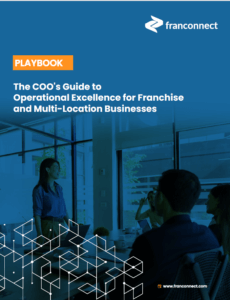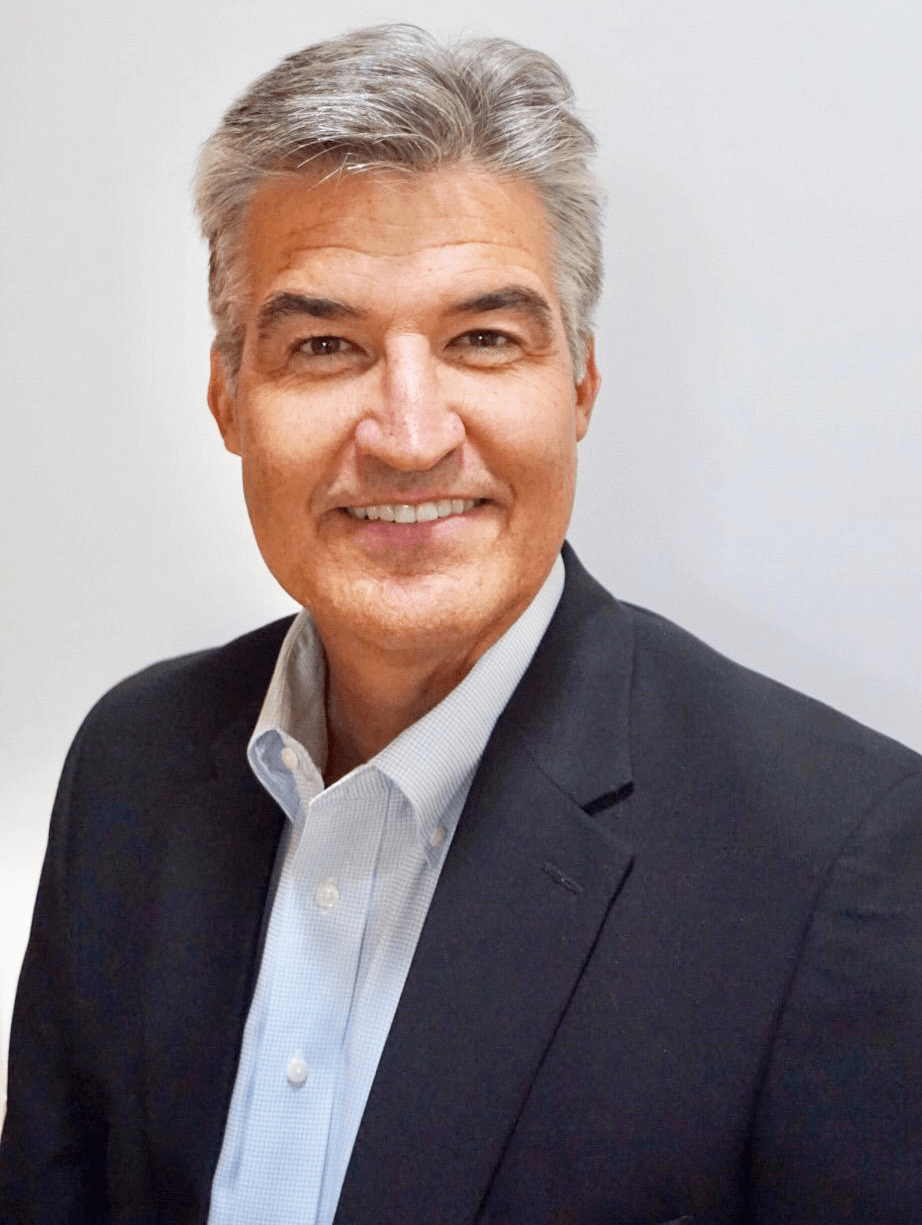The success of your franchise depends on the success of your franchisees. Key to this success is partnering with the right people and focusing on franchisee engagement, but equally important is the support your field operations team provides to your franchisees from day one. As defined in an article in Franchising World, “Franchise support is the mechanism by which the intellectual property of the franchisor is transferred to the franchisee for the purpose of replicating the success of the business model.”

Franchisees need support throughout their entire engagement with a brand:
- Field support, including site selection, grand opening, and compliance visits
- Home office support, including training classes and vendor negotiations
- Financial support, such as transparent royalty reporting and providing a brand standard chart of accounts
- Marketing and communications, including collateral and public relations consulting
Franchisee support must be well thought out and well executed to be effective, as it’s what leads to the three most important KPIs for each unit: growing sales, increasing profits, and operational excellence. There are several models you can follow to allocate your field operations resources: regional, unit maturity, and unit performance. Let’s examine the benefits and challenges to each.
1) Regionalized support
Benefits
Depending on how dispersed your units are and how hands-on you want your field consultants to be, regionalized support may be a good option for your franchise. This model allows field consultants to visit units in their territory regularly, lowers travel costs, and enables field consultants to react more quickly. It can create a strong sense of community amongst the units in one region, as field managers can host regional meetings and encourage collaboration and sharing between franchisees. If you find that certain factors affect your brand by region, this model allows each field consultant to cater their efforts accordingly.
Challenges
2) Unit Maturity
Benefits
Matching your field consultants based on the maturity of each franchise unit allows you to cater your field consultants expertise to the needs of a specific type of franchise unit. Your early-stage franchisees – those who have been in business for less than five years – have very different needs than those who have been in business five years or longer. They have a learning curve and dedicating someone specialized in that stage of a franchise can avoid potential pitfalls by anticipating common challenges. These field consultants are going to be very aware of trends for new franchisees that determine success and can act accordingly. Once a franchisee hits the five year mark, they can transition to a new field consultant that specializes in franchisees with established units. You may decide on another landmark down the road in which they will transition to a third field consultant, perhaps at the 10 or 15-year mark. Keep in mind your field consultant to unit ratio could be different for early-stage franchises versus mature franchises.
Challenges
Because field consultants need to be hired and trained according to the maturity of the units they will be working with, it may make them less transient in working with other stages. For example, the number of units in each stage could drastically change over just a few years. If you have a year of high growth (yay for you!), your early-stage field consultants may bear the burden, or you may even hire a few extra field consultants to offset that burden. Then, in five years, that entire set of units will transition to your field consultants managing your more mature units. Are there enough of those field consultants? Are your early-stage field consultants left with enough units to manage? Another challenge is this model requires more travel for each consultant, as their units may be vastly spread out.
3) Unit Performance
Benefits
At the 2017 IFA annual convention, a newer franchise support model seems to be emerging, particularly amongst more progressive franchisors: matching field management to unit performance. In other words, underperforming units work with different field consultants than those that are hitting their targets or even overperforming. Performance can be separated into three tiers:
Tier 1: Over-performing units, exceeding revenue goals, 100% compliant, brand advocates. These are the franchisees you want to speak on behalf of your brand, mentor new franchisees, and share best practices amongst their peers. Your field consultants should encourage these franchisees to engage with other franchisees on behalf of the company. These are the franchisees you want others to look up to. These could also be franchisees you target to become multi-unit owners.
Tier 2: Average units, more or less meeting goals. Franchisees in Tier 2 typically meet their revenue goals, are compliant, and are generally meeting goals. This is where you may set your benchmark for success, and your field consultants should keep them focused on meeting their goals and continue to provide support and best practices.
Tier 3: Under-performing units, falling short of revenue goals. These are your at-risk franchisees who need dedicated attention to the challenges they are facing. They may be disengaged from the brand, and field consultants in this tier may need to be more involved, following up on non-compliance issues more often, and make more field visits. They need to create a clear action plan to get these franchisees into Tier 2 as soon as possible.
Challenges
The challenge with the performance-based model come with movement between the tiers. The hope is most of your franchisees fall into Tier 2, with a solid group in Tier 1, and a few outliers in Tier 3. The trouble comes when you have too many fluctuating between tiers. It’s important to set time frames to prevent this from happening. And as with the unit maturity model, travel for field consultants can also be a challenge.

For whichever model you choose for your franchise field operations, there are three other keys to success:
- Remember your franchise field operations team should be focused on driving results, not simply “checking boxes.” They are consultants, not compliance managers.
- Leverage technology to enable remote evaluation by providing a system that both the field manager and the franchisee can see and update. This provides more accountability and transparency, while providing the opportunity to cut down on unnecessary field visits. If you can do self-auditing with a field operations tool, your field consultant to unit ratios can go up.
- Field operations information should be easily accessible, trackable, and understandable from a dashboard that provides real-time data. A business intelligence tool can tie your field operations tool with every other aspect of your business. The Chief Operating Officer for Tropical Smoothie Café says, “It is next to impossible to drive results without having the numbers at your fingertips. Everyone needs to be in touch with the numbers and facts constantly.”
What kind of franchisee support model do you use to enhance franchisee engagement?

Improve your franchise field operations and franchisee engagement practices with of “5 Field Operations Secrets from 600 Brands.” Download your free copy today and benchmark your operational practices against the most successful brands in the market.





 Ian Walsh
Ian Walsh








